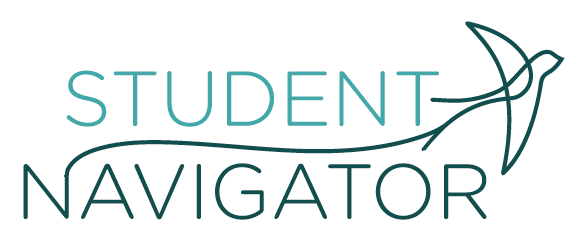In a normal year, Year 12 lays the foundation for making UCAS applications in Year 13. It used to include attending open days, visiting UCAS fairs, completing work experience and having workshops on writing personal statements. It’s a tried and tested process aimed at getting a seventeen year old ready for making one of the biggest and most difficult decisions of their life. It’s also a process that parents participated in. Open days would be geared towards the parents as much as to the students with the opportunity to ask questions, look at accommodation and compare one course with another. However, in this most abnormal year, everything has gone remote and many parents (and students) feel lost and unsure of what is involved. Hence, A parent’s guide to UCAS.
UCAS (University and Colleges Applications Service) hasn’t changed much since most parents were at school, except it’s online. There are still five choices before deciding on a firm and insurance offer. Clearing is there for students who don’t receive offers OR those who don’t achieve their offers.
www.ucas.com is the perfect starting point and source of information with helpful videos to assist at every stage.
A parent’s guide to UCAS:
Courses
There are over 50,000 courses at 395 UK providers. There are familiar favourites like Geography, Maths and French, but many more that are unfamiliar: Microbiology, Social Anthropology, Event Management.
Factors for your child to consider are:
- What do they enjoy studying?
- What are they interested in studying?
- What career do they want to pursue?
- What are the entry requirements?
- Are there any other requirements i.e. work experience, DBS certificate, admissions tests.
Research as many different courses as possible.
Universities
What are your child’s requirements? Is it important to be close to home, a long way from home or close enough to return home for a weekend? Do they want a big city, campus or a small town? Is reputation important? What is the cost of the accommodation, because it does vary considerably. Attending virtual open days with your child is the best way to get informed. Book a ‘virtual’ tour, subject talk and ask questions. You’ll be able to compare courses and universities, because there will be considerable differences:
- teaching: style, structure and number of formal teaching hours
- means of assessment
- opportunities for work placement or year abroad
Oxbridge/Medicine/Dentistry and Veterinary Medicine
Applying to Oxford, Cambridge or the above courses means getting organised sooner because the deadline is three months earlier, traditionally 15th October. Other factors to consider include: the Oxbridge college system and further admissions tests. Each course and institution has its subtle and sometimes significant differences, and the best way to seek clarity is it to attend the virtual open days and chat to the admissions tutors.
Personal Statement
After deciding on the course, your child can start writing their personal statement, the jewel in the crown of their UCAS application. It’s exactly what the title suggests: a personal statement to showcase why they have chosen the course, their relevant skills and experience and the passion they have for it. It has a maximum limit of 4000 characters with spaces. It takes several drafts to perfect, so encourage your child to leave plenty of time to plan, write and re-write it. For many competitive courses, the quality of the personal statement can be the deciding factor for securing an offer or interview. For detailed advice on writing a personal statement, look at further posts on our blog.
Further Useful Information:
- Deadlines: 15th October for early applications. 15th January for all other applications. However, schools have their own internal deadlines. This is an exceptional year, so could change.
- References: once the student has submitted their application, the school or sixth form college will add their reference and predicted grades. A parent can ask to read the reference and many schools do share it.
- Interviews: Most courses do not interview. However some courses (eg Medicine, Nursing, primary teaching) and universities (eg Oxford, Cambridge) do, so be prepared. It varies considerably.
- Offers: After receipt of applications, some universities send out offers (or rejections) quickly, others take their time and some wait until after the final application deadline before they begin considering. This year, many students did not hear from some very competitive courses until close to the deadline in May. Not hearing from a university, doesn’t mean you won’t receive an offer. Wait until you have heard from all your choices before deciding which to accept.
- League tables: Universities and individual courses have their own league tables to help you choose.
- Jargon: UCAS has its own language: clearing, track, adjustment, firm, insurance etc. Check its website for a clear understanding so you know and understand the language.
- Fees and Loans: There is slight variation in fees. For the latest details on loans look refer to Student Finance.
Here at Student Navigator we offer guidance in choosing courses, writing personal statements and making UCAS applications as well as career coaching for young people and academic coaching and mentoring. Please contact us to see how we can help you. A parent’s guide to UCAS is one of many posts on our blog to support you with UCAS applications.

